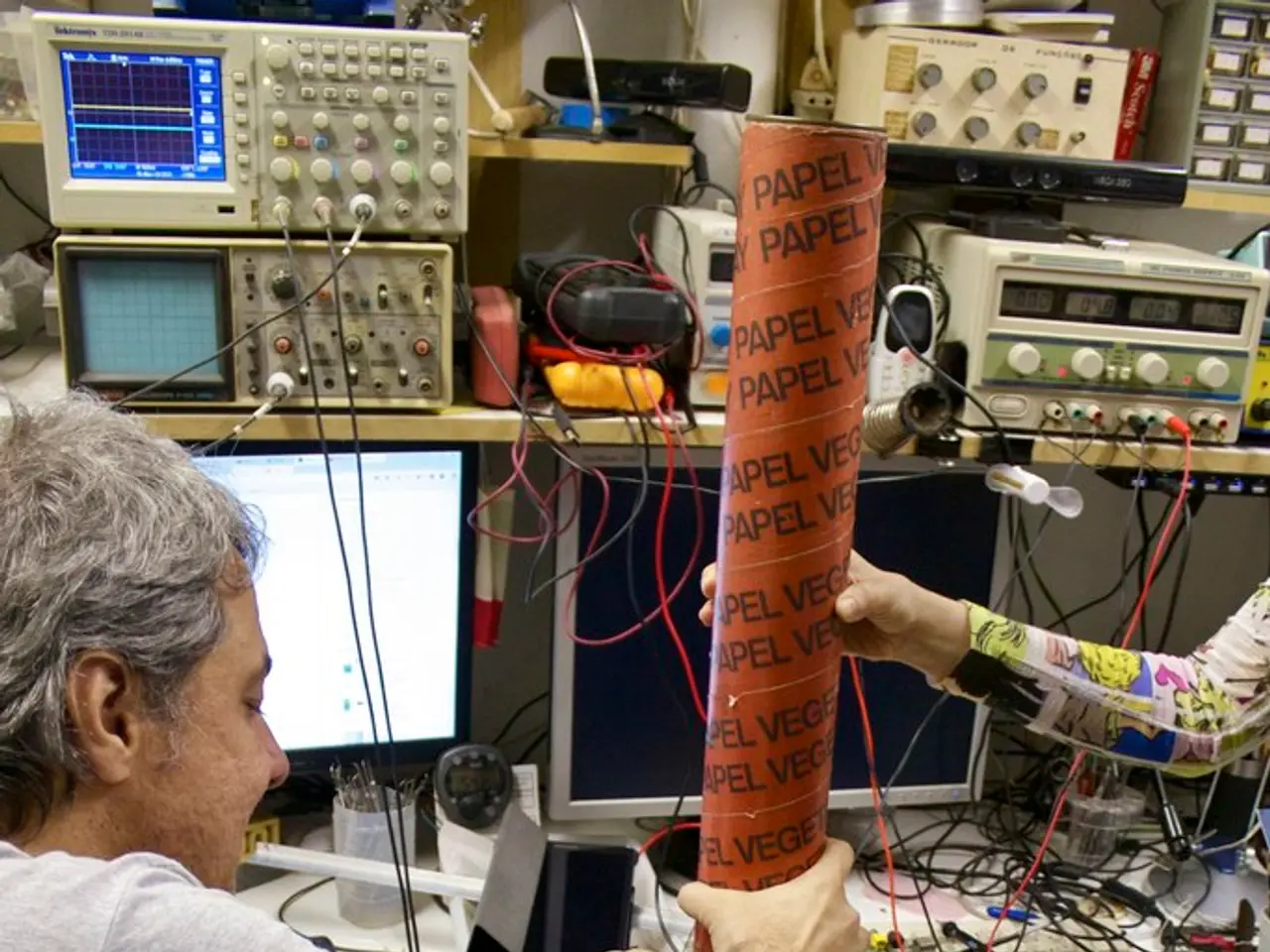Improving the Evaluation of the Mini-Mental State Examination (MMSE) Through Innovative Technologies
In the battle against dementia, a reliable diagnostic tool is essential. One such tool is the Mini-Mental State Examination (MMSE), a test widely used to assess cognitive function. Now, a research group led by Prof. Dr. Hagen Wierstorf at the University of Oldenburg is developing a method that extends the MMSE using a non-invasive Shimmer sensor.
The Shimmer sensor, combined with OpenCV for image analysis, is set to offer improved diagnosis and personalized care for dementia patients. This innovative approach aims to provide additional diagnostic tools, helping doctors identify the most challenging part for the participant.
The MMSE test consists of five different sections: Orientation, Registration, Attention and calculation, Language, and Deferred memory. The new parameters being considered for the MMSE test include emotional response analysis, galvanic skin response, heart rate, and image similarity.
The Shimmer sensor collects data in a non-invasive manner, allowing doctors to gain valuable insights about the patient for a better diagnosis. This data, when analysed using OpenCV, can help doctors identify the most challenging part for the participant, potentially leading to more accurate diagnoses.
Dementia affects not only the patient but also family members and caregivers. With millions of people worldwide diagnosed with dementia, any advancement in diagnosis and care is welcome news. The potential benefits of the new MMSE test parameters and Shimmer sensor could, therefore, have a significant impact.
This research offers hope for a future where dementia diagnosis is more accurate, personalized, and less stressful for all involved. As the work continues, we look forward to seeing the impact this innovative approach will have on the lives of those affected by dementia.







